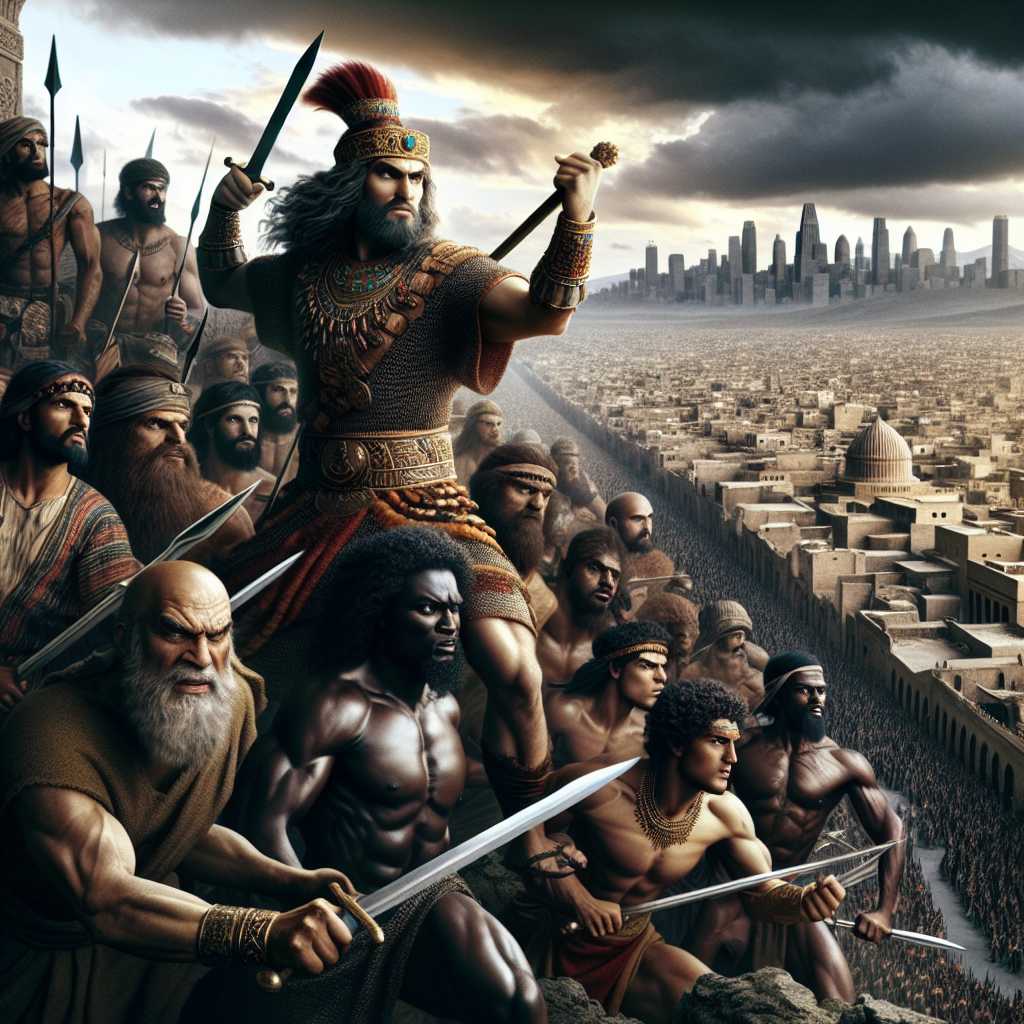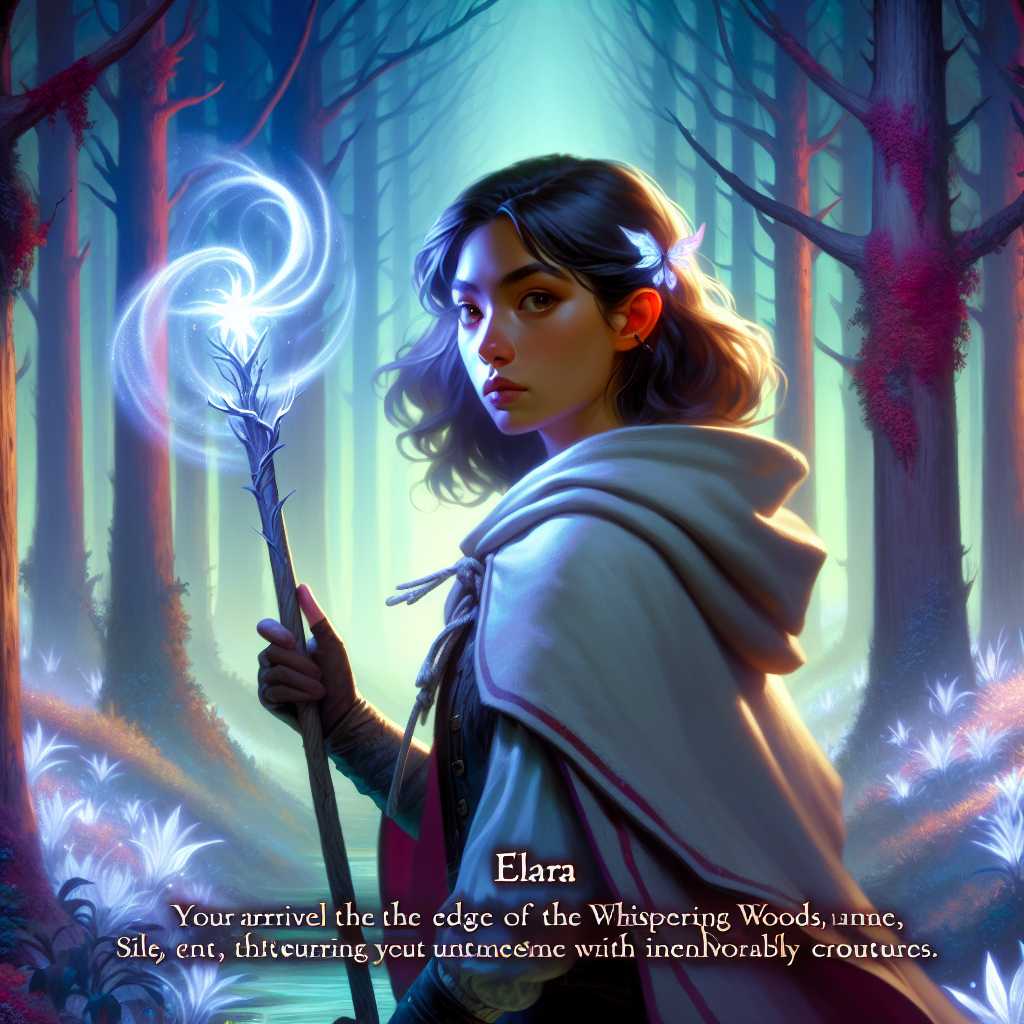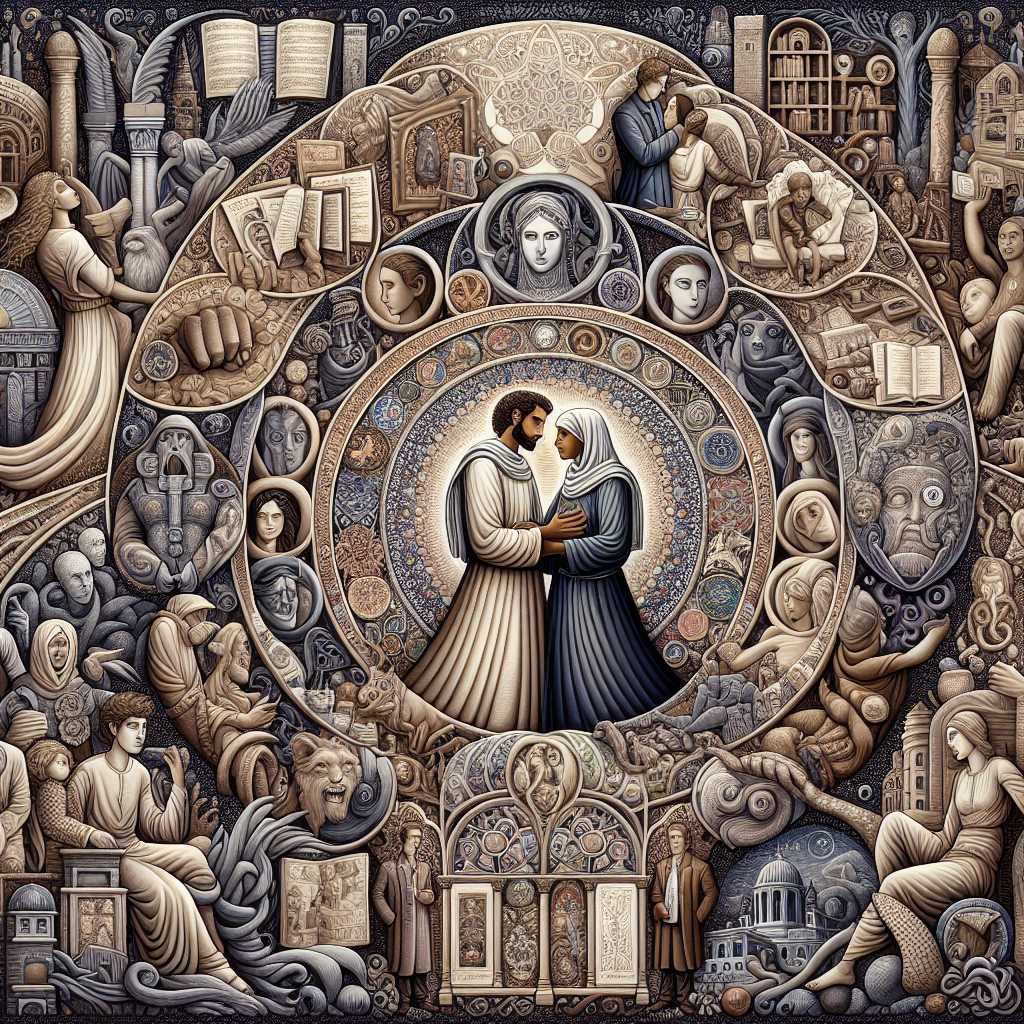
Once upon a time in the serene landscapes of upper Mesopotamia, there existed a thriving city known as Uruk. The city had become a gem of civilization, resplendent with its resounding marketplaces, intricate temples, and lush gardens by the banks of the river Euphrates. The towering ziggurat stood as a testament to Uruk’s grandeur, catching the first rays of the sun every morning.
They say that Uruk was once ruled by a wise and benevolent king named Eanatum. He was not only revered for his judicious governance but also cherished for his gallant spirit. Every evening, he would sit by the grand oak tree in the center of the city, listening to the tales and grievances of his subjects. Eanatum’s rule brought a golden age to Uruk, marked by peace and prosperity. Under his watchful eye, the people of Uruk lived harmoniously.
But fate, as it often weaves its tangled web, decided to stir the serene waters of Uruk’s existence. One fateful day, a fleet of black-sailed ships appeared on the horizon, carrying the ominous harbinger of doom. These ships belonged to the ruthless Ixmarus, a warlord known across the lands for his insatiable lust for power and unyielding cruelty. News of the approaching threat spread like wildfire through the streets of Uruk, casting a shadow of dread over its people.
As the first rays of dawn pierced the darkened skies, Eanatum summoned his council to devise a plan. Sitting around the obsidian table, the councilors argued fervently. Older men, seasoned by many winters, suggested seeking peace through negotiation. However, Eanatum's trusted general, Ninurta, argued fiercely against it, exhorting the king to defend Uruk’s honor through the might of arms.
“Your Majesty, negotiating with Ixmarus is akin to placing a lamb before a ravenous wolf. We must fight to protect our hearths and homes,” Ninurta declared passionately.
The clamor of debate filled the chamber. After much deliberation, King Eanatum, his face etched with resolve, made his decision clear.
“We shall defend Uruk with valor. We owe it to our forefathers, who built this city, and to our children, who deserve to grow in a land free from tyranny,” he stated firmly.
The decision rallied the hearts of Uruk’s citizens. Men, young and old, readied themselves for the impending battle. The crops in the fields were harvested in haste, and women wove armor out of toughened hides while sharpening their spears. The city's young scribes meticulously documented these preparations, understanding the gravity of the moment.
As the dreaded day arrived, a crimson sunrise heralded the chaos to come. The people of Uruk stood steadfast on the city walls, armed not only with weapons but with unyielding spirit. From a distance, the dust from the marching legions of Ixmarus began to rise, darkening the horizon. Battle cries filled the air, reverberating in the hearts of both warriors and civilians.
The clash was intense. Metal met metal with a relentless clang. Arrows darkened the sky before plunging into the earth, and the ground beneath trembled with the thundering of hooves and the clash of swords. Eanatum, astride his noble steed, fought valiantly beside his people, his golden armor gleaming despite the thickening cloud of dust and blood.
Hours turned into days, and the walls of Uruk began to buckle under the relentless siege. As the sun sank beneath the horizon on the third day of battle, the illustrious King Eanatum found himself standing face-to-face with Ixmarus. They exchanged no words, for theirs was a conflict understood through the unspoken language of warriors.
The duel was fierce and unrelenting. Eanatum fought with every fiber of his being, his blade flashing with each parry and strike. However, Ixmarus, bolstered by his dark ambition, proved a formidable adversary. With a decisive and grim swipe, Ixmarus wounded the noble king. The great Eanatum fell, his sword slipping from his grasp, the gleaming blade plunging into the earth as if to mourn its master.
The fall of Eanatum seemed to spell doom for Uruk. Yet, just as surrender loomed, an unexpected miracle occurred. The people of Uruk, fueled by the sight of their fallen king and rallied by the indomitable spirit he exemplified, fought with renewed fury. Women took up arms, children hurled stones, and the elderly wielded farming tools. Their desperate valor echoed through the fields as they pushed back against Ixmarus’s forces with unstoppable force.
Ixmarus underestimated the spirit of a united people. His army, though initially dominant, began to falter in the face of such relentless courage. As the first light of dawn broke through the murky battlefield, the forces of Ixmarus retreated, their darkened sails growing smaller against the rising sun until they vanished beyond the horizon.
The city of Uruk had prevailed, though at a great cost. Eanatum's body was carried back to the grand oak tree, where his deeds and sacrifices were commemorated by a grateful people. They erected a statue in his honor, a towering figure of bronze that caught the first light of every sunrise — an everlasting symbol of Eanatum’s legacy.
And so, the tale of Uruk and its valiant king, Eanatum, was passed down through generations, whispered by the flickering light of oil lamps and recounted under the vast expanse of star-filled skies. The people of Uruk remembered, for as long as they breathed, the sacrifice that secured their freedom and the unwavering spirit that forever bonded them to their beloved city.
This, dear listeners, is the tale of Uruk — a city that dared to defy darkness, a king who chose honor over life, and a people who, united in their love for their land, turned the tides of fate itself.










